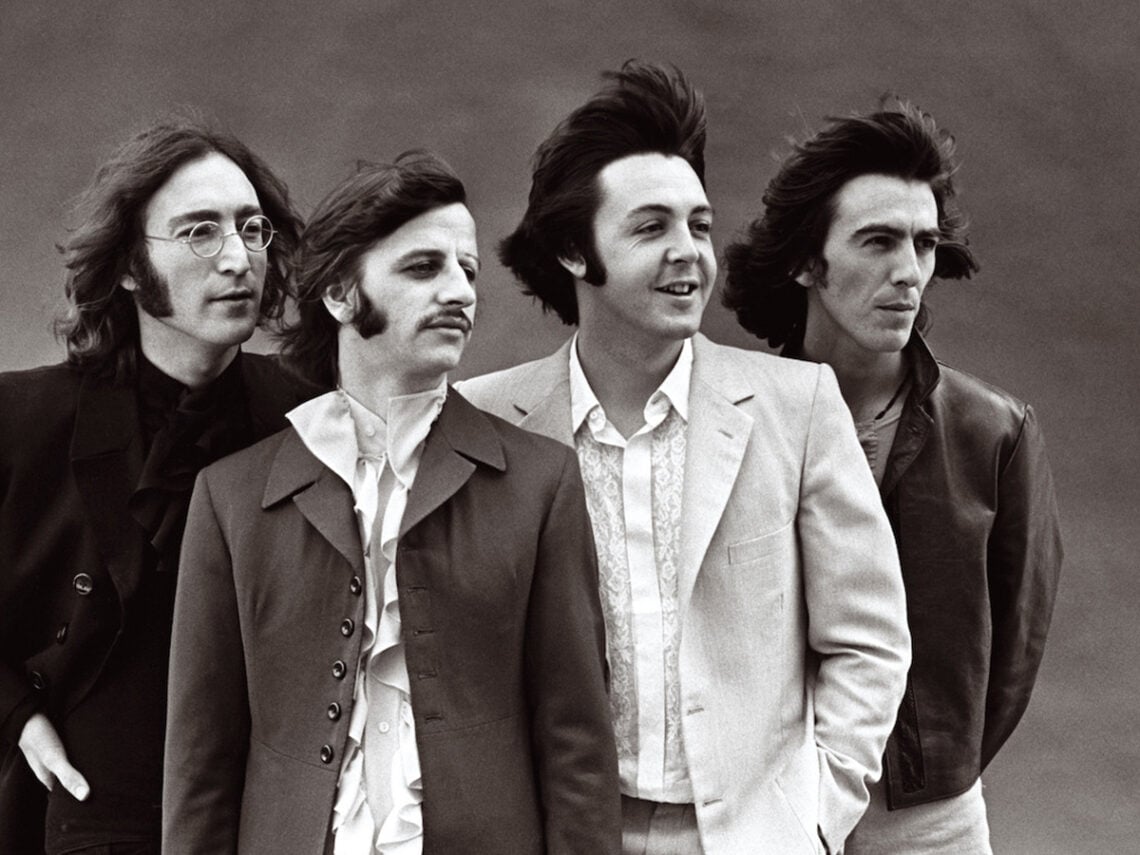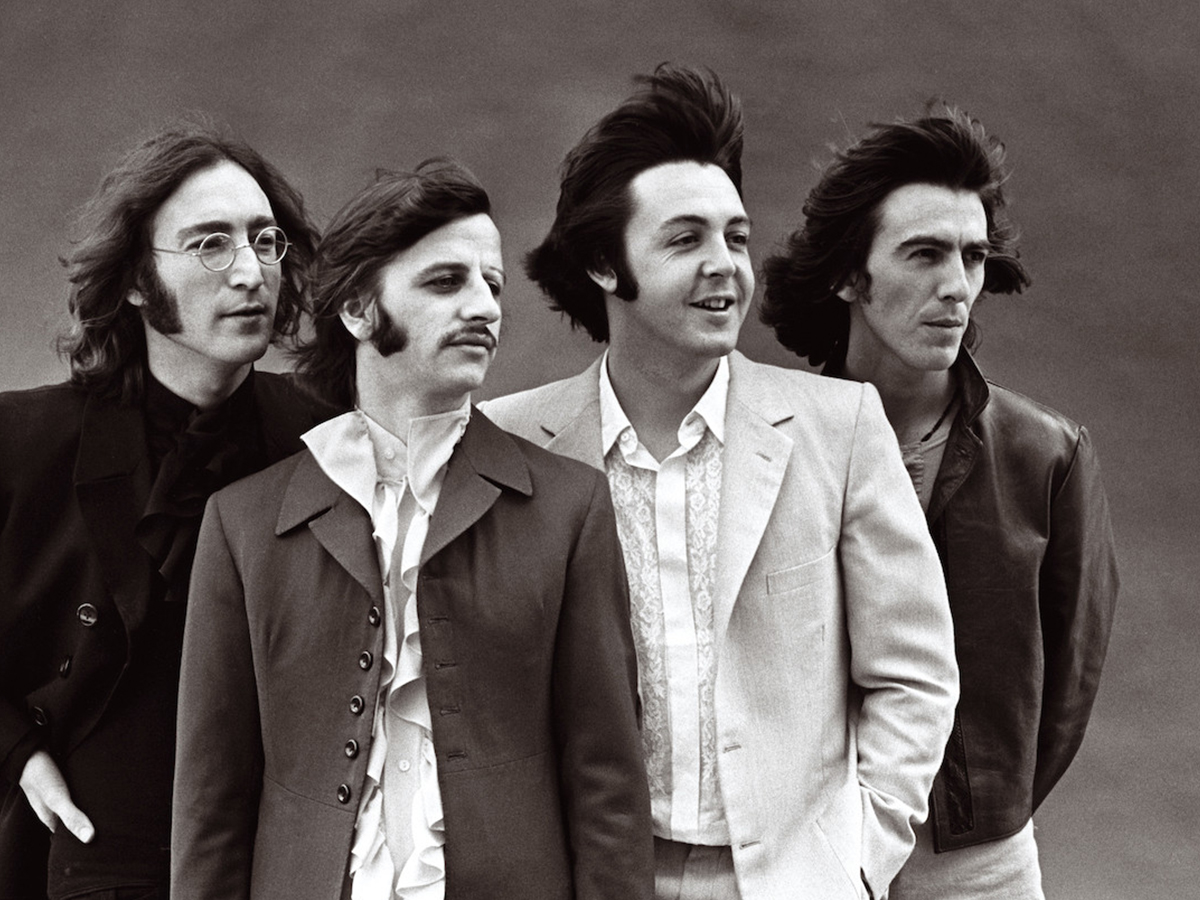
(Credits: Apple Corps Ltd)
Tue 19 August 2025 6:00, UK
When you see the footage of The Beatles playing their last known performance, on the rooftop of Apple Studios in London, it’s a wonder why there were ever rumours of tension between the four.
Musically, they were as tight as ever with George Harrison’s delicate guitar lines punctuating one of their greatest melodies of all time. Above all of that, Lennon’s voice soared through the air as it was backed by McCartney’s air-tight harmonies. They were, as they had always been, musically imperious and a complete joy to watch.
In fact, they shared mischievous giggles with one another as Lennon stumbled through his lines on the second verse, and instead sang gibberish. The sort of gibberish McCartney was continuously banned from using as song titles.
While the footage of this performance still continues to circulate the internet, informing new fans of the unrivalled brilliance of the band and a much treasured piece of evidence that allows us all to enjoy the band’s final ever performance, it also gives way to a much wider discourse in a more general accessibility of their music.
Because as easy as it may be to believe that the Apple Studios in question belonged to the seemingly ever-present tech giant founded by Steve Jobs, it was a completely different entity. In 1968, after learning the tumultuous ups and downs of music bureaucracy and how their own back catalogue can be used for corporate gain, the band began releasing albums under their own organisation: Apple Corps.
Over 60 years later, it allowed them complete control, along with EMI, of the rights to sell The Beatles’ discography.
But as musicians and not entrepreneurs, the band’s legacy wasn’t remembered through the companies they founded. That privilege was reserved for people like Jobs, who, through his technological inventions, forced Apple to become a global name. Over time, that name allowed them to plunge into the entertainment world, namely music, where they at one point had somewhat of a monopoly over listening habits with the iPod and iTunes.
A monopoly they built without the help of history’s greatest band, given how the pair had been embroiled in decades’ worth of legal disputes. In the 1980s, when Apple Computers started to make sounds, the pair battled it out over their trademarks, which were no longer in separate markets, thanks to the computers’ developments.
This set out the stall for Apple Corps to contest decades worth of technological developments, as with each step Apple Computers began infringing on the unique marketability of Apple Corps music marketability. So The Beatles prevented their music from being monetised in any way on Apple Computers’ platforms, in both purchasing and streaming capacities.
So why did The Beatles change their mind, and what did this mean?
In 2010, the band’s music finally joined the platform, after those in charge of each individual members’ estate agreed on legal settlements and more importantly felt as though they could trust the developments of music digitalisation.
Ultimately the new digital landscape brought with it fears of copyright issues, piracy, and royalty payments for each individual record. But as digitalisation became more commonplace, the owners of The Beatles’ estate were essentially tripping themselves up as people were buying physical records and simply uploading the files online for free. After a £2m payment to each individual member and their respective representatives, they officially joined the online space and allowed their music on Apple.
At that time, the online service hadn’t wholly adopted the streaming model. While the records were available digitally, it still required purchasing. But now, as we’ve seen, online music platforms have developed into something more sinister altogether, and it could be argued that the coup of securing The Beatles’ work was technology’s last master stroke in gaining full control. It was somewhat of a nod of approval for all these tech giants, who in the decade since securing their rights, have outrightly destroyed the financial landscape of music.
Related Topics
The Far Out Beatles Newsletter
All the latest stories about The Beatles from the independent voice of culture.
Straight to your inbox.
